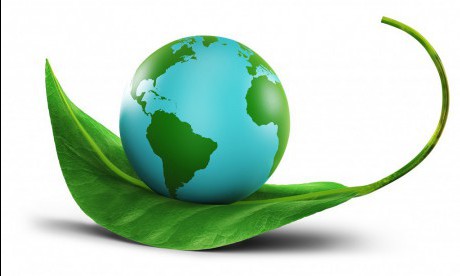In his brief pontificate, Pope Francis has coined some colourful terms to get his points across, for example, using “bat Christians” to describe those who hide their faith.
While the new phrases he uses in his ecology encyclical are not as punchy, they succinctly help illustrate his points that care for the environment is a human and moral obligation, that global warming and pollution have an unfairly heavy impact on the poor and that a real commitment to ecology will entail individual conversion and changed political and economic priorities.
The following is a list defining some key phrases Pope Francis uses in the encyclical, “Laudato Si’, on Care for Our Common Home.”
— “Integral ecology”: The heart of Pope Francis’ teaching in the encyclical is his affirmation that the environmental crisis is not only about polluted land, water and air, but includes dangerous attitudes toward other human beings as well as economic practices that harm people and the environment.
His solution is an “integral ecology,” one that challenges all people to broaden their focus of concern and their daily behavior to include standard environmental ecology, but also: protection of all human life; concrete acts of solidarity with the poor; ethical conduct in economic affairs; greater attention to urban planning to facilitate social relationships and give all people some contact with nature; and protection of people’s cultural heritage in an era when media saturation tends to erase distinctions.
— “Ecological debt”: The world’s richest countries, the pope says, have an outstanding “ecological debt” to the world’s poorer countries and they have a social and moral obligation to repay it.
Particularly between the global North and South, he says, there is a debt “connected to commercial imbalances with effects on the environment, and the disproportionate use of natural resources by certain countries over long periods of time.”
The wealth of the world’s most industrialized countries, the pope says, comes in large part from excessive profits drawn from practices like mining or logging in developing countries and taking advantage of their weak environmental protection laws and cheap labor. Continue reading
Sources
- Vassallomalta
- Image: Vassallomalta
